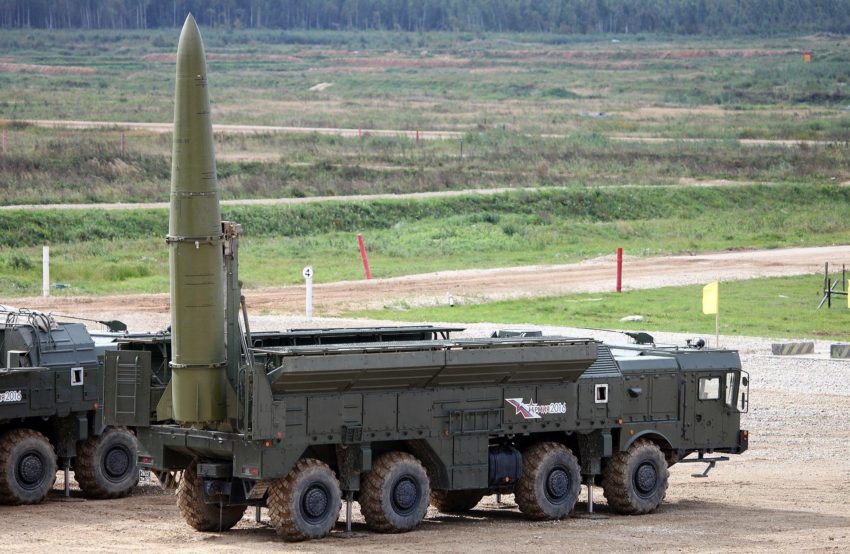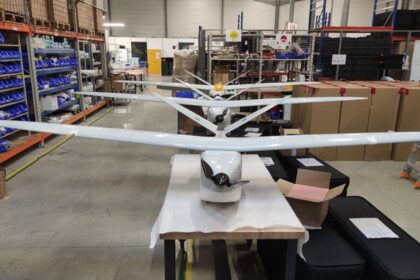**Russia’s Iskander-M Missiles Rely on Foreign-Sourced Oxidizers, Expert Analysis Reveals**
A report by the Economic Security Council of Ukraine (ESCU) has shed light on Russia’s reliance on foreign-sourced oxidizers for its Iskander-M ballistic missiles. The analysis shows that in 2024, the solid fuel used in these missiles contained ammonium perchlorate, an oxidizer critically dependent on imports from China and Uzbekistan.
**Russia’s Sodium Chlorate Imports**
The ESCU report highlights that Russia does not produce enough sodium chlorate domestically to meet its needs for the Iskander-M missiles. As a result, 70% of all sodium chlorate deliveries to Russia came from China in 2024, supplied by several companies including Longshore Hubei New Materials and Mingda Chemical. The remaining 29% was delivered by Uzbekistan’s Fargonaazot JSC and Uzkimyoimpeks.
**EU Loopholes and Carbon Fiber Imports**
The report also reveals that Russia imported $11.8 million worth of carbon fiber-related goods in the first nine months of 2024, with China accounting for 58% of the value and 72% of the tonnage. Although some goods fall under restricted EU codes, epoxy resin, fiber winding machines, and carbon products are not currently banned.
**Nine Companies Linked to Missile Supply Chain**
The ESCU analysis identifies at least nine Russian companies importing key missile-related goods, including NORTEX LLC, Nanotechnological Centre of Composites LLC, Intellectual Robotics Systems LLC, NPO Stekloplastik JSC, Mak LLC, AL5-Yug LLC, and Ava-Trade LLC. These companies have imported materials from China, Türkiye, and Austria.
**Commentary**
The ESCU report raises concerns about Russia’s reliance on foreign-sourced oxidizers for its Iskander-M missiles. The fact that 70% of sodium chlorate deliveries came from China in 2024 is particularly noteworthy, given the potential military applications of this chemical. As the report notes, none of the companies involved in its trade were under EU sanctions as of 2024.
**Analysis**
The reliance on foreign-sourced oxidizers for Iskander-M missiles highlights a significant vulnerability in Russia’s military capabilities. The fact that these imports are not currently banned by the EU raises questions about the effectiveness of existing sanctions regimes. As tensions between Ukraine and Russia continue to escalate, it is essential that international authorities address these loopholes and impose stricter controls on the trade of dual-use goods.
Read More @ euromaidanpress.com












